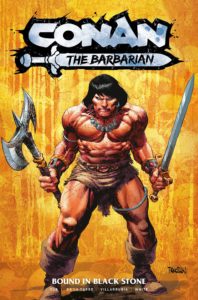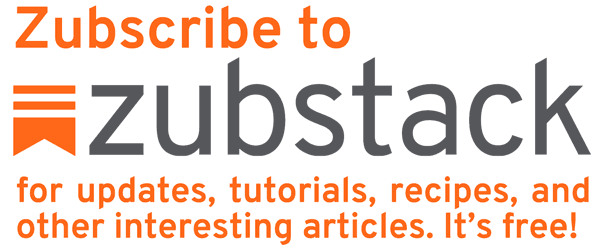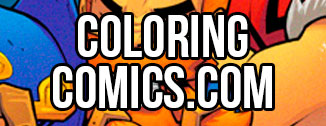I haven’t posted up any tutorial material in quite some time. My work schedule has been absolutely bonkers, so it’s been hard to find time to dedicate to talking about the craft.
This post isn’t a dedicated article, it’s a slightly refined version of an email reply to one of my students who just completed a short ‘zine comic and exhibited at a comic festival. She had questions about where to take her work from there and how to approach publishers. I realized the advice I sent her would be good to post here as well. So, here it is-
Do research on publishers who are putting out work in the same aesthetic range as what you want to produce. Compare your work to it, not in terms of the exact style, but in terms of polish and presentation. Check to see who the editors are, since they’re typically the people hiring creators. You’ll probably see patterns among particular editors in terms of story/art choices and that means you can start to build a contact list of people worth approaching, either online or in person.
Don’t be afraid to send out your portfolio. Publishers expect creators to give them samples at conventions. Even better if you can drop it off for specific editors rather than into a general submission pile. Be friendly and approachable and make contacts all over the industry with creators and editors, even if they’re not at the exact spot where you want to be. You never know when a conversation at a show can turn into an unexpected opportunity or when a friend will be able to put you in direct contact with the people you want to be working with.
There are a ton of comic publishers out there and, though I know many of the larger ones, there are a lot of new/small ones I’m not as aware of. The field is changing all the time. A quick rule of thumb is that if a publisher has an equal/smaller social media following to you or doesn’t have visible work you recognize, they’re probably not going to be able to advance your career any more than you could just by working away on your own. If a publisher wants to pay you minimum wage (or less) to produce work (the hours you’ll spend per page VS the pay per page they’re offering) then you might as well work away on your own and fully control your work until such a time as a publisher with an actual budget/clout comes along worth working with.
There are more avenues for independent production than ever before. Social media and crowdfunding has completely changed the way creators create. Whether you’re creating on your own and posting online or crafting a book specifically for a publisher, building up a body of work is the key. The more you create and promote your work, the bigger your audience will get and the easier it will be to turn that into opportunities. The internet has completely changed the game – you don’t need to toil away for poor pay and give away all your rights. Build up your own following and then use crowdfunding (Kickstarter, Patreon, etc.) if that’s what it takes to get your work out to a wider audience. Exhibit at zine festivals and cons and see how they do for you.
At first your goal should be on quality, not speed. First get good, then get fast. Until you’re able to consistently create pages that stand shoulder-to-shoulder with the kind of published work you want to be making, you shouldn’t fret over speed. No company is going to pay you to produce for them until you can show that you can make work worth paying for. A publisher needs to know that its investment in you makes sense when they compare your work to other established pros they could hire.
Off the top of my head, with more refinement your work could be a good fit at places like [list of publishers]. Again, I’m sure there are many others out there. Go to [local comic shop that stocks deep on indy titles] and ask them to show you comics in a similar style/aesthetic, then do research on publishers and editors. Once you have a sample you feel stands equal to that published work in terms of quality, reach out online with a polite introduction email and either send them a PDF or point them toward a site where they can easily see what you’re capable of (not just your Instagram or Twitter, a focused/organized series of samples posted online).
The first few paying gigs you get will probably be extremely difficult to track down, but with each one you’ll build up your skills and contacts. It really is a creative journey. As stressful as it can be, enjoy the process and celebrate your accomplishments.
If you found the above helpful, feel free to let me know here (or on Twitter), share the post with your friends and consider buying some of my comics to show your support.





 Zub on Amazon
Zub on Amazon Zub on Instagram
Zub on Instagram Zub on Twitter
Zub on Twitter
0 Comments.